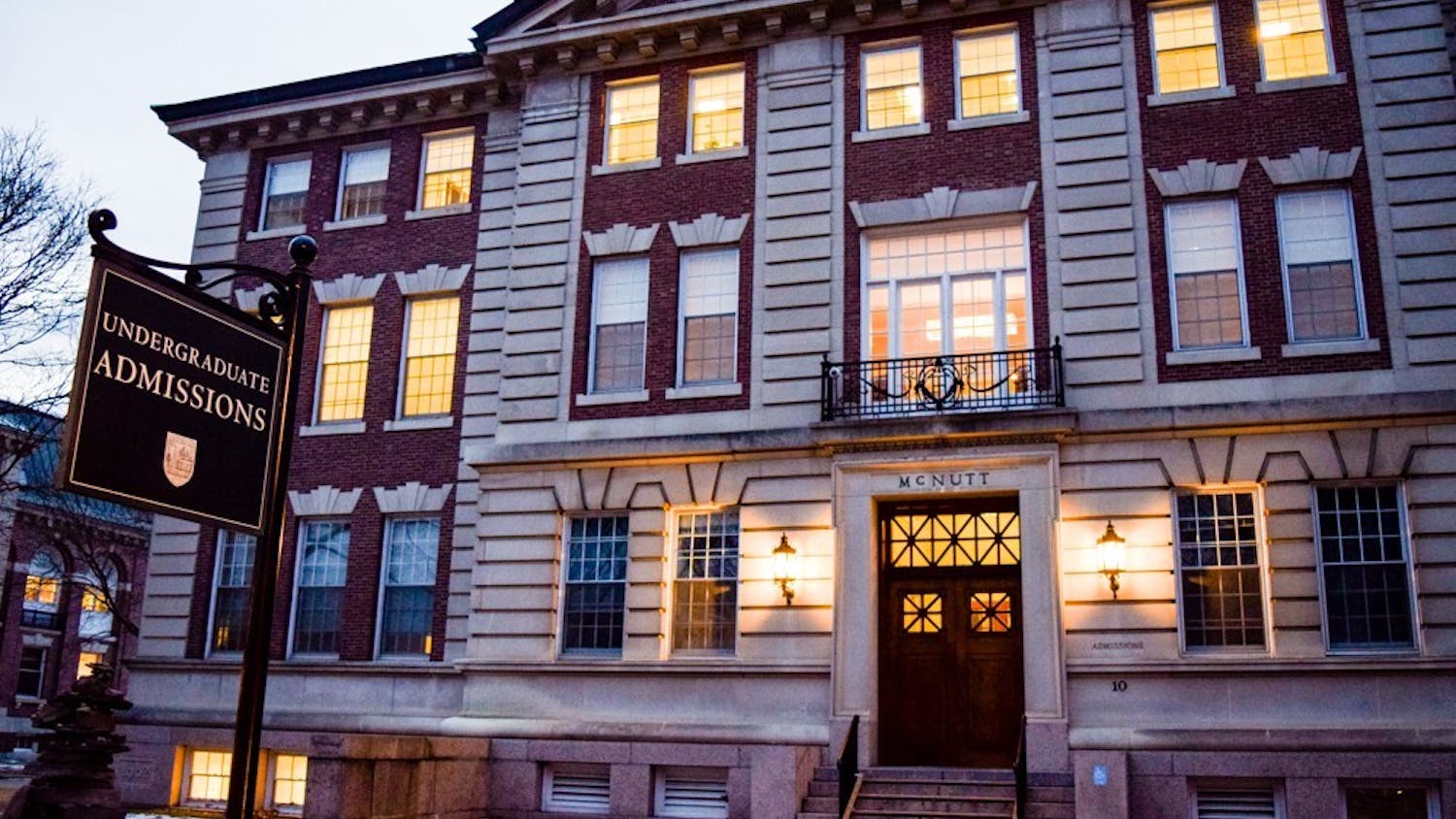Last week, Dartmouth announced its admissions decisions for the Class of 2025, and every high schooler admitted in this historically competitive year deserves a hearty congratulations. As students across the world consider where they will spend their next four years, the admissions office is no doubt already casting an eye toward prospective members of the Class of 2026. As it does so, Dartmouth should adopt lessons learned from this year’s strange cycle.
This admissions cycle, Dartmouth saw an unprecedented number of applicants to the Class of 2025. The jump in applications by roughly 33% can likely be in significant part attributed to the effectiveness and relative accessibility of this year’s digital admissions programming, which contributed to a marked 64% increase in participation in admissions recruiting events and allowed for more students than ever before to learn about Dartmouth through online information sessions, student panels and virtual tours.
These statistics show definitively that online programming has allowed the admissions office to target and reach a much broader — and likely more diverse — audience of applicants. Given this considerably expanded reach that the shift online has allowed, Dartmouth’s admissions office should commit itself to continuing to offer a comprehensive lineup of digital events even after the pandemic ends. Vitally, online programming increases accessibility to information about the admissions process, in addition to giving a much broader range of prospective students an opportunity to learn what Dartmouth has to offer them.
The current reality is that poorer students — and especially those who don’t live in New England — often must overcome a daunting information gap when applying to Dartmouth. Events such as campus tours and information sessions require the financial means to pay for plane tickets and hotel accommodations, which for some families is simply unaffordable. While students can always refer to written accounts of what Dartmouth is like, these are no substitutes for getting to talk with actual students who can offer much more in-depth accounts of their own Dartmouth experiences.
Online programming has also been instrumental in allowing the admissions office to reach specific groups of students via events — including identity and community-based student panels, such as an LGBTQ+ student panel, and regional ‘deep dive’ sessions focusing on a specific geographic region — that allow prospective students to learn about Dartmouth from the perspective of students with backgrounds similar to their own. These events, which were far less emphasized before the pandemic, have proven successful in addressing the unique concerns of different groups of prospective students, assuaging many students’ fears that there isn’t a place for them at a school like Dartmouth.
Some of these events — including panels for first-generation, low-income, Questbridge and international students — specifically target students who due to the financial burden of visiting Dartmouth in person have historically been left out of admissions programming. Moving forward, the admissions office should make putting on online events like these a central pillar of its recruitment strategy. Increasing accessibility to this information is crucial for these groups of students, who relative to their more privileged peers disproportionately lack access to college counselors and generational knowledge about college and the application process.
Moreover, even when in-person events start back up — likely sometime next academic year — these online programs will not be difficult to maintain alongside in-person events. Most are an hour or less in duration, meaning that the expense of paying students to work these events and the time requirements for admissions officers are both minimal — especially when compared to traditional student recruiting methods. These small costs should also be weighed against the immense good these programs do in terms of increasing Dartmouth’s exposure to prospective students, especially those from marginalized backgrounds. These students are traditionally underrepresented on campuses such as Dartmouth — where Black and Hispanic students account for only 16% of the student body and almost 80% of students come from the top fifth of the income distribution — and programs that increase accessibility support Dartmouth’s goal of creating a more diverse student body.
While it is laudable that Dartmouth has created such diverse programming geared toward individuals from such a wide range of backgrounds during the pandemic, it is imperative that these efforts be maintained even after life on campus “returns to normal.” To be clear, we are not calling for the total abandonment of in-person admissions programming — rather, we are arguing that continuing to offer robust virtual programming alongside in-person programming will allow Dartmouth to reach many more students than it typically does during the in-person admissions cycle. By choosing to maintain and build upon online outreach efforts, Dartmouth has the opportunity to demonstrate its commitment not only to creating a more diverse and inclusive campus, but also to leveling the playing field for prospective students.
The admissions process is already a challenging and complicated one for too many. By continuing to expand access to information about the admissions process, financial aid, and the Dartmouth experience via virtual programming, the College can make the admissions process more approachable for everyone.
The editorial board consists of opinion staff columnists, the opinion editors, the executive editors and the editor-in-chief.



